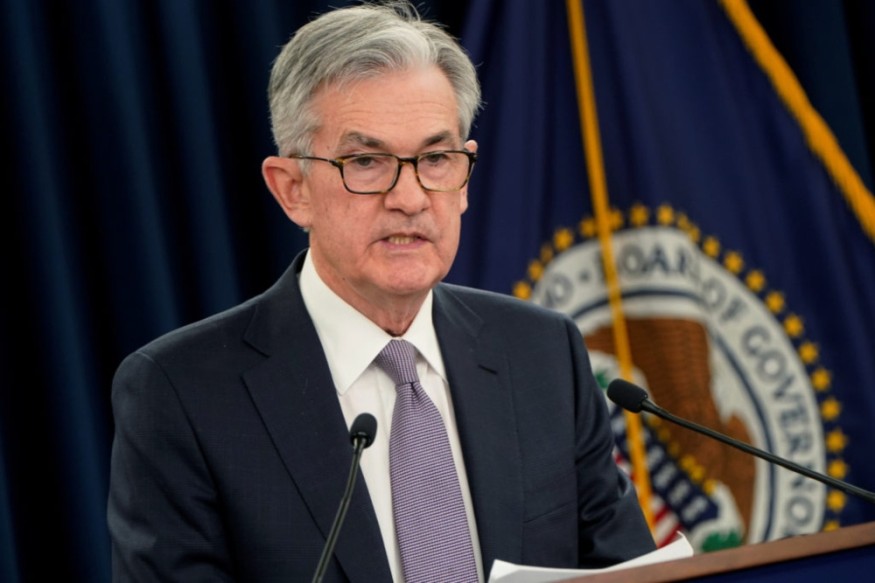Powell To Push Congress for Stimulus Aid Before Election
Federal Reserve Chairman Jerome Powell will appear before the Congress to urge them to release the stimulus before election and not after.

Federal Reserve Board Chairman Jerome Powell will head to Capitol Hill this week for three days of testimony in what will possibly be his remaining risk to try to push Congress toward another coronavirus relief invoice before Election Day.
For months, Powell has informed lawmakers that the Fed has "lending powers, not spending powers," and that enormous COVID-19 useful resource is needed sooner instead of later. Without it, Powell warned as recently as the final week, millions of Americans may preserve to suffer from joblessness and homelessness, notwithstanding a slow development inside the economy.
"So one can begin to show up in monetary interest. It's going to also show up in such things as evictions and foreclosure and things so as to scar and harm the economic system," Powell told reporters following the Fed's final policy meeting earlier than the elections.
Powell is ready to make a case for stimulus this week earlier than three congressional committees. However, the near ties among Powell and lawmakers that gained the Fed wide bipartisan praise and billions to backstop the disaster reaction early on in the pandemic can also yield little progress towards his goal.
The months-lengthy stalemate between Republicans and Democrats over the dimensions and scope of some other coronavirus package has only deepened with Election Day kind of six weeks away.
On pinnacle of that, the Sept. 30 deadline to ward off a government shutdown and the bitter battle over the ideally suited courtroom emptiness left by way of the passing of Justice Ruth Bader Ginsburg have shifted the focal point of many lawmakers.
The Fed is also dealing with the grievance of its personal response to the disaster as bold programs intended to strengthen corporations and local governments have stumbled out of the gate.
"Congress is increasingly more looking to stress him to do what he can because they recognize that they are no longer doing whatever both," stated Ian Katz, director at policy studies company Capital Alpha partners.
"But I suppose they know that he honestly has a fairly sturdy argument that if you really want to transport the needle in this, probable, Congress has to do something."
The March enactment of the $2.2 trillion Coronavirus resource, comfort, and economic protection (CARES) Act may be the excessive-water mark of the Fed's collaboration with Congress. The report-breaking stimulus invoice boosted and elevated eligibility for unemployment coverage, provided direct stimulus exams to U.S. families, quickly banned eviction and foreclosures, and gave the Fed billions in credit protection for emergency lending packages.
Powell and economists widely credit score the CARES Act to dampen the pandemic's initial shock and pave the manner for the following monetary recuperation. However, with six months considering that its passage and nearly months in view that better-unemployed benefits expired, the recovery seems to be slowing as the U.S. heads into a frightening winter.
Powell is one among dozens of excessive-profile economists who have advised Congress to approve another boost to jobless benefits, resource kingdom, and neighborhood governments to save you massive layoffs and increase housing protections.
Check these out!
Subscribe to Latin Post!
Sign up for our free newsletter for the Latest coverage!

















